The British government’s plans to jail people the courts judge to be persistently ‘annoying’ has been defeated in the Lords – but remains a serious threat to freedom of speech in the UK, Alex Stevenson writes


The British government’s plans to jail people the courts judge to be persistently ‘annoying’ has been defeated in the Lords – but remains a serious threat to freedom of speech in the UK, Alex Stevenson writes
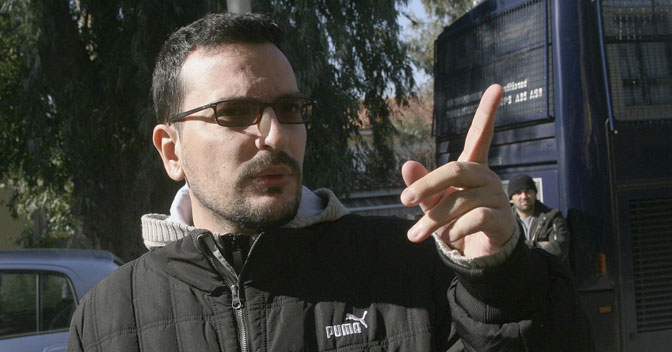
The main threats to media freedom and the work of journalists are from political pressure or pressure exerted by the police, to non-legal means, such as violence and impunity.
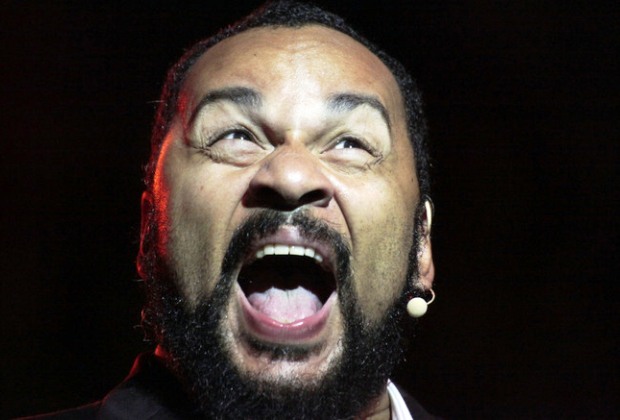
It’s important to look ugly arguments in the eye, says Padraig Reidy

Media plurality in the EU is an essential part of guaranteeing the media is able to perform its watchdog function. Without a plurality of opinions, the analysis of political arguments in democracies can be limited.
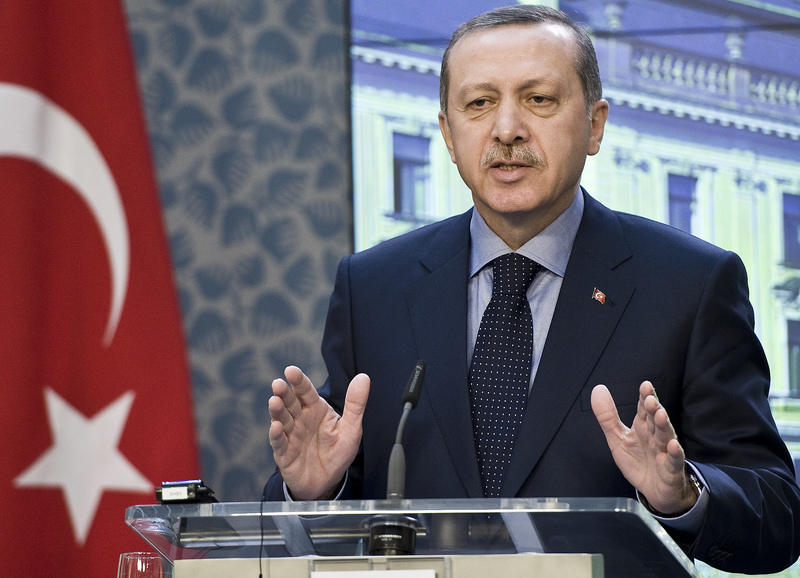
“What happened in Turkey during the last ten years?” Ece Temelkuran explores the causes of the country’s last decade

In the days after the Gezi Park protests, Turkish playwright and author Meltem Arikan found herself at the centre of a government-led hate campaign that left her fearing for her life.
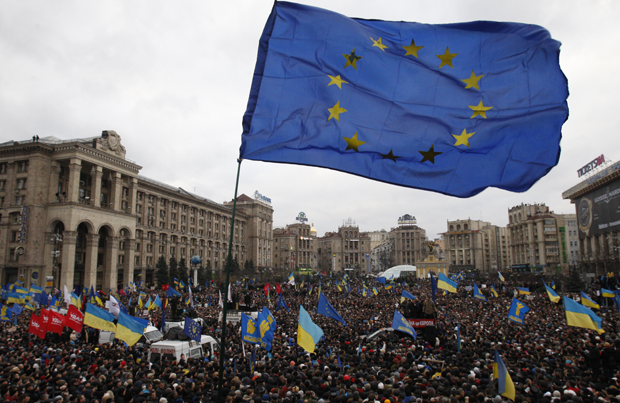
There are a number of challenges to media freedom within the EU, in particular media ownership patterns, political and state pressure in the operation of the media and overly prescriptive regulation of the media.

Many EU member states have failed to adequately protect freedom of information, and there are hate speech laws within the EU that do not allow enough protection for free expression
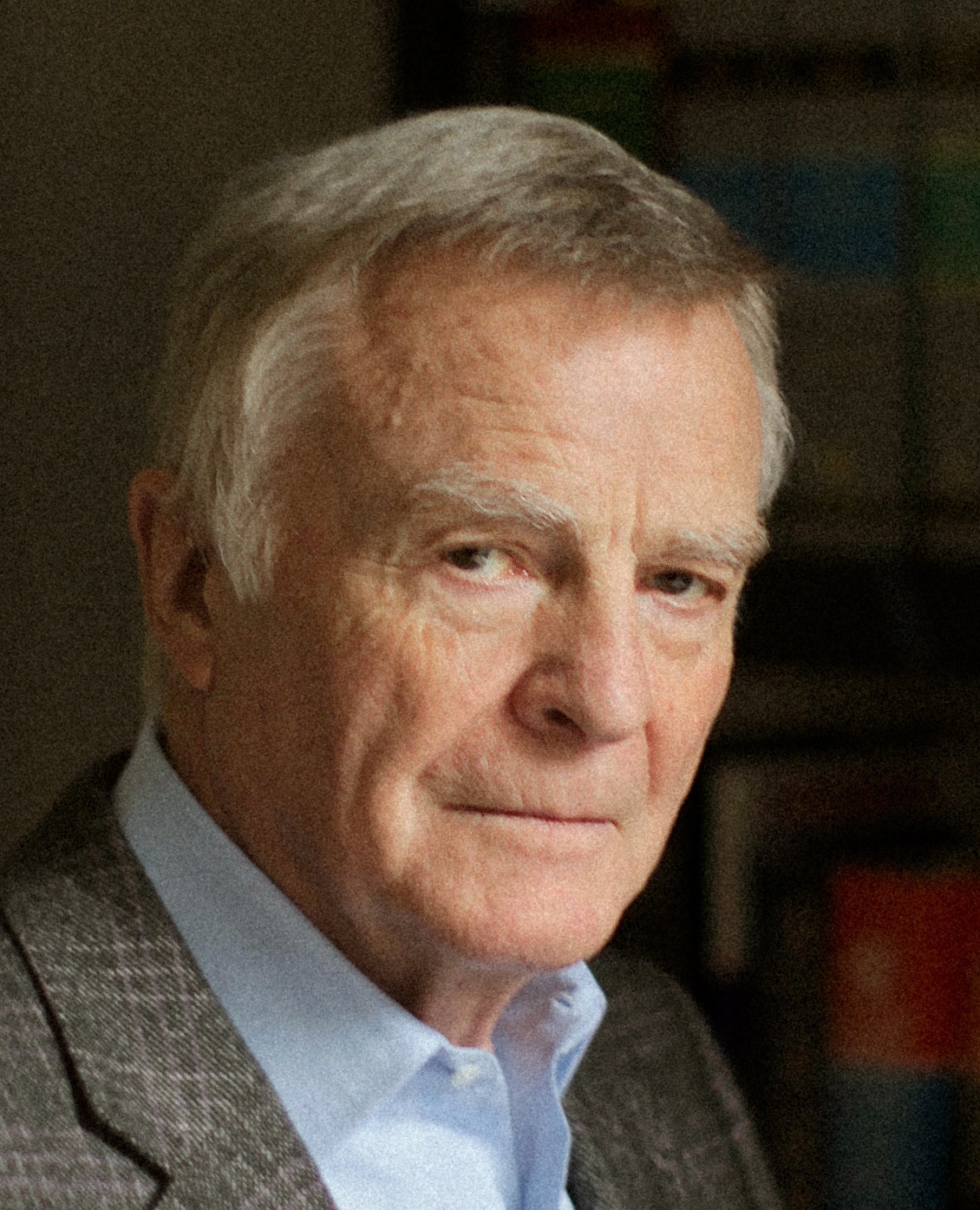
The law of libel, privacy and national “insult” laws vary across the European Union. In a number of member states, criminal sanctions are still in place and public interest defences are inadequate, curtailing freedom of expression.

As Greece prepares to take on the presidency of the Council of the European Union on January 1, the country continues to grapple with the free expression fallout from its financial crisis. Christos Syllas reports